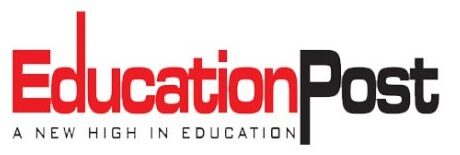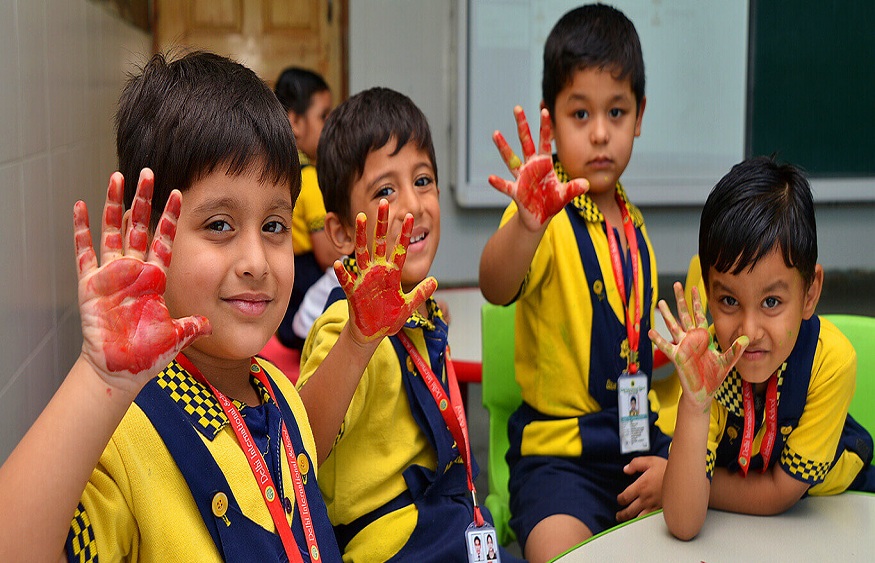A child’s life and future depend on the development of his brain during the first years of his life. For young children to reach their full potential, early childhood learning and stimulation are key. Early childhood education (ECE) can indeed improve cognitive skills, reduce repetition and dropout rates, increase school retention and contribute to the development of social-emotional and life skills, and the ability to learn that children need to succeed as adults in a world that could be very different from the one we live in today.
Yet only one in five children attend preschool in low-income countries, and only one in two globally.
The World Bank works with countries and partners to expand access to quality early childhood education and meet the developmental needs of all children. . In 2017, the World Bank disbursed over $130 million, becoming the largest international funder of ECE. Currently, 50 projects are in progress around the world, for more than a billion dollars in commitments. Is it sufficient ? No.
Despite this upward trend, current investments, ours and those of States (and societies in general) are still insufficient. Given the vastness of the needs and the enormous potential benefits that ECE can offer, we must continue to work together to substantially increase funding from all sources, including, and most importantly, domestic resources, donors and innovative financing. We work closely with countries and our partners in the face of compelling evidence of impact, unmet needs and growing demand.
However, increasing resources is only part of the solution. Over the past few decades, primary and secondary education has expanded, but its quality has gradually deteriorated. This is the classic compromise between quantity and quality. But that must not happen again when we expand ECE. Expansion must rhyme with quality. We need to ensure that resources are spent effectively and efficiently. This is why our work in the field of early childhood focuses on building local capacity, improving the quality of services and establishing a base of building blocks for a service that provides an enriching experience. to children. Here are some examples:
- Capacity Building: We work with current and future decision makers to build capacity and identify leaders. Our Early Childhood Research Fellowship program aims to nurture a group of highly motivated professionals who will be the next generation of leaders in their countries.
- Measuring early childhood development (ECD) outcomes and the quality of early childhood facilities: To build effective systems, countries need information on child development and the quality of early childhood facilities. We are stepping up our efforts to measure outcomes and service quality and produce globally comparable data.
- Innovate through research and implementation: We test new technologies, public-private partnerships and results-based financing. We are also experimenting with new business models that, for example, link ECE with women’s empowerment, employment and skills programs with the aim of building a skilled workforce and expanding access to childcare services for young children. And we work with countries to find solutions to support children and families in situations of conflict and fragility.
- Promoting quality, not just access: All of our projects include activities to improve the quality of service delivery, and we ensure that quality remains paramount as we scale up.
At the country level, these efforts are beginning to bear fruit:
The School Readiness Project in Vietnam (a) increased the proportion of children enrolled in full-time preschool from 64 to 85 percent and throughout the country and improve quality through:
- training of 90% of ECE teachers and managers in child-centred learning
- development of a system of quality assurance and establishment of an accreditation process
- support for measures promoting standards and quality assurance systems and the strengthening of monitoring and reporting activities
In Côte d’Ivoire (a), the World Bank is supporting the public authorities in the implementation of a project funded by the Global Partnership for Education. In particular, $8 million is planned for early childhood education, in partnership with the United Nations Children’s Fund (UNICEF), to develop and scale up a new approach to training preschool and community ECE teachers. A recent evaluation revealed impressive results:
- Knowledge of pedagogical practices and child development among trained teachers is almost one standard deviation higher than that of the control group.
- Based on classroom observations, trained teachers score 0.7 standard deviations higher than the control group for classroom practice.
The Jordan Education Reform Support Program (a) expands access to quality early learning and will:
- Enroll 30,000 Jordanian and refugee children in kindergartens.
- Train 100% of preschool teachers to integrate play-based learning in the classroom, to challenge gender stereotypes and to promote socio-emotional development.
- promote the development and implementation of a new quality assurance system for public and private pre-school establishments.
A quality education is a fundamental human right and the key to individual success, as well as to the growth and prosperity of a country. And ECE is an essential component of the quality of education and future human capital. More investment and commitment is needed if access to quality ECE is to be expanded.

